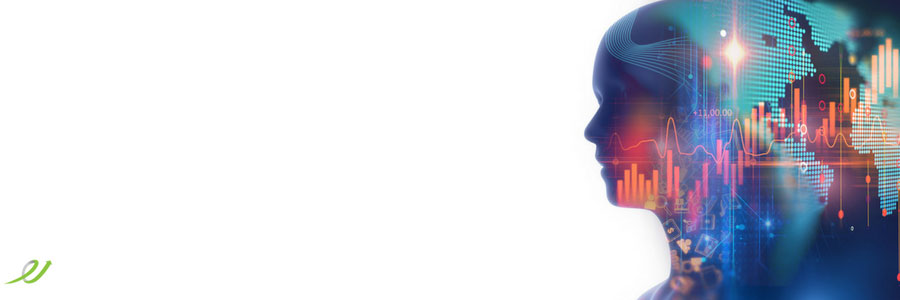
How Machine Learning Can Accelerate Your Search Marketing Campaigns
For many digital marketers, machine learning is the clear next step for paid search. In the age of Alexa, Siri and Google Home, artificial intelligence and more specifically, machine learning has taken a front seat in everyday life and now digital marketing. In a recent Search Engine Watch post, they described machine learning as taking artificial intelligence a step further by eliminating the need for human input in order to enhance the algorithm.
Google & Machine Learning
As per the norm, Google is at the forefront of partnering machine learning and search advertising. In early February, Effective Spend joined Google for a quarterly Adwords Conference catered to Premier Partner agencies. During the Adwords Conference Google’s team brought insight into the benefits of leveraging their latest machine learning tools coming to Adwords further pushing the reliance on artificial intelligence in the paid search space.
While this sounds like a science fiction movie plotline where robots take over humans jobs, this new convergence between AI and paid search can be as seen as a happy partnership—a mutual relationship between the marketer and the machine.
According to a Think with Google blog, one-third of time spent in the workplace is spent collecting and processing data. At the Adword’s Conference, the Google team emphasized that machine learning merely alleviates the time devoted to analyzing data and allows time to be reallocated to strategizing and other roles. Google’s ultimate goal for machine learning technology is to break down the mountain of data and give digital marketers ability to implement broader and innovative strategies, providing a better experience and performance for both the client and the user.
User Signals
In an effort to optimize user experience, Google has used machine learning algorithm to analyze hoards of data to match a user’s search query intent with relevant and qualified paid and organic search results. Every 100 seconds 70 million of these user-generated intent signals are fired. These signals like user location, search device, and time of day of a search query can all be used to determine the context and underlying semantic intent behind the search query, looking beyond keywords. One of the most significant uses of machine learning is decoding these user signals. These seemingly small user identifiers are vital data to optimize campaign performance through serving ads to a compatible audience.
One Google machine learning tool, Optimized Ad Rotation prefer best-performing ads will use Google’s machine learning technology to deliver ads that are expected to perform better than other ads in your ad group. This tool has two components, the first taking advantage of machine learning data to match ads with audience’s intent then ultimately delivery more conversions, clicks, impressions, and other key metrics. The second optimization tool increases your participation in more auctions in an effort to match ads with audience intent, in turn, increasing your impression share.
Optimized Ad Rotation is Google’s effort to breakdown heaps of data and better serve ads to their users. That data is received from those millions of user signals. Also, in the age where customer expectation—for more personalized and responsive digital advertisements—machine learning creates an overarching solution to solving personalized marketing opportunities. In almost an instant, Google’s Optimized Ad rotation responds to customer signals and creates opportunities for relevant ads to perform better.
We’re recognized as a top Paid Media & Pay Per Click Company on DesignRush.




